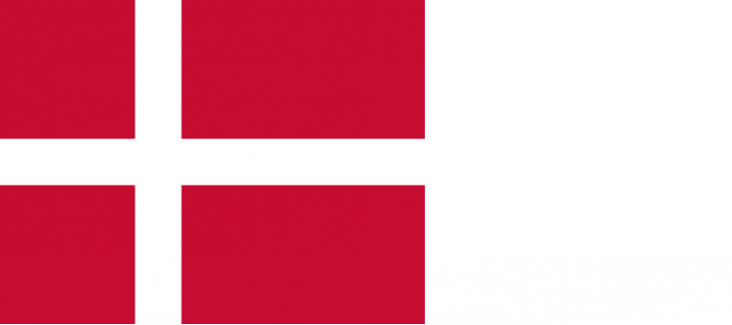As Denmark would transfer national sovereignty if joining the UPC, more than 5/6 of Danish parliamentarians need to support the Agreement, or the government needs to call a referendum (see the constitutional provisions of Denmark's referendum law here). As the semi-communist Red-Green Alliance and the right-wing nationalist Danish People's Party (both holding around one fifth of the seats) blocked the ratification and demanded a referendum, the government scheduled the referendum for 25 May 2014.
We seized the opportunity and asked Charlotte Ryø, a Danish activist of Democracy International, to report on how she personally perceives the referendum debate and the issues of the campaign ahead of the EU elections. Charlotte Ryo lives close to the capital of Denmark, Copenhagen.
Democracy International: What is the actual issue at stake?
Charlotte Ryø: Denmark is giving up sovereignty if we join the Unified Patent Court and according to the constitution there must be a referendum unless 5/6 of the Parliament are for the proposal.
Who provides information on the referendum? Where can you find them?
Information is available on TV, radio and an official website from the government. Also, the EU and the political parties inform. Some information are neutral but there are also campaigns that stress the parties’ viewpoint.
What is the referendum debate like in Denmark?
The debate is quite calm. Not many are interested. The political elite wants people to vote "yes" to support business. I think there have been many false arguments and the government has been criticised for turning the information into a yes-campaign. In my view the discussions are rather superficial and the arguments do not go into detail. Instead of trying to explain the issue the politicians in power say: We recommend a yes, because that will make it easier to get a patent and this will help to create jobs. And then, the No-side tries to explain the downsides. Maybe this week there will be more focus on this issue and on the election, but until now you really have to search the TV programme to find candidate presentation and debates.
With regards to the European elections on 25 May, which voter turnout do you expect?
Danes are not very interested in the EU-elections and voter turnout is usually low. In 2009 the turnout was 59,5 % (88% in national elections). The polls predict a high percentage for the Euro-sceptics. I guess that we will see that up to 35-40 % will vote for a euro-sceptic candidate or party.
Which issues do Danish political parties focus on during the European election campaign?
The issues are illegal immigration, social dumping, cross border crime – especially from the Eastern EU countries, border control, environmental issues and welfare benefits to other EU citizens. Further, there has been a scandal recently about a gossip magazine which had a secret source selling info to the magazine about famous people and royalties. The source had access to all people’s credit cards and could follow their payments on the net. You need to know that Danish people are fully registered online with personal ID numbers, electronic health record and so on. So now data protection is a big issue in Denmark also.
Further Information:
- The Direct Democracy Navigator on Denmark
- Website of the Unified Patent Court
- List of Referendums held in Denmark
By Cora Pfafferott

